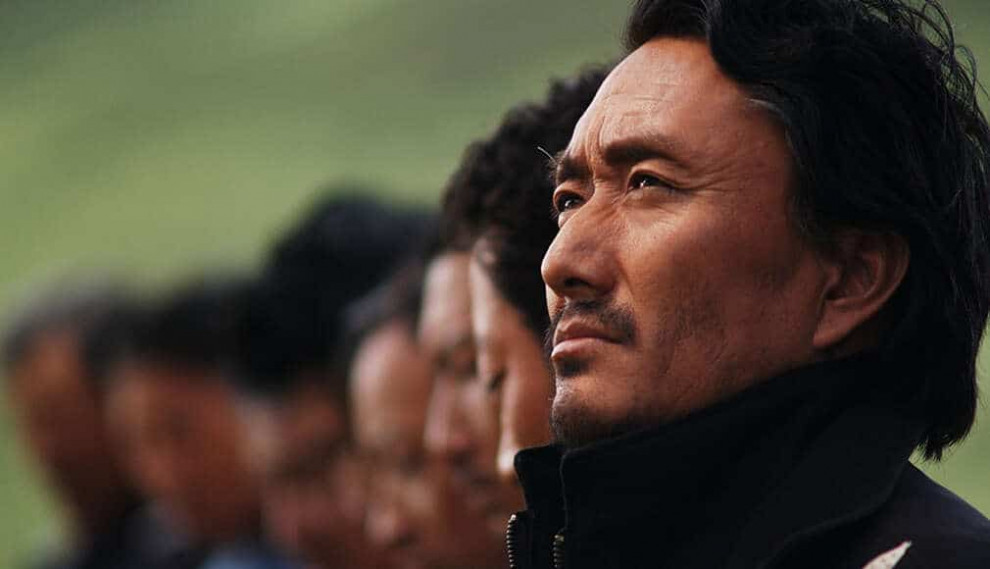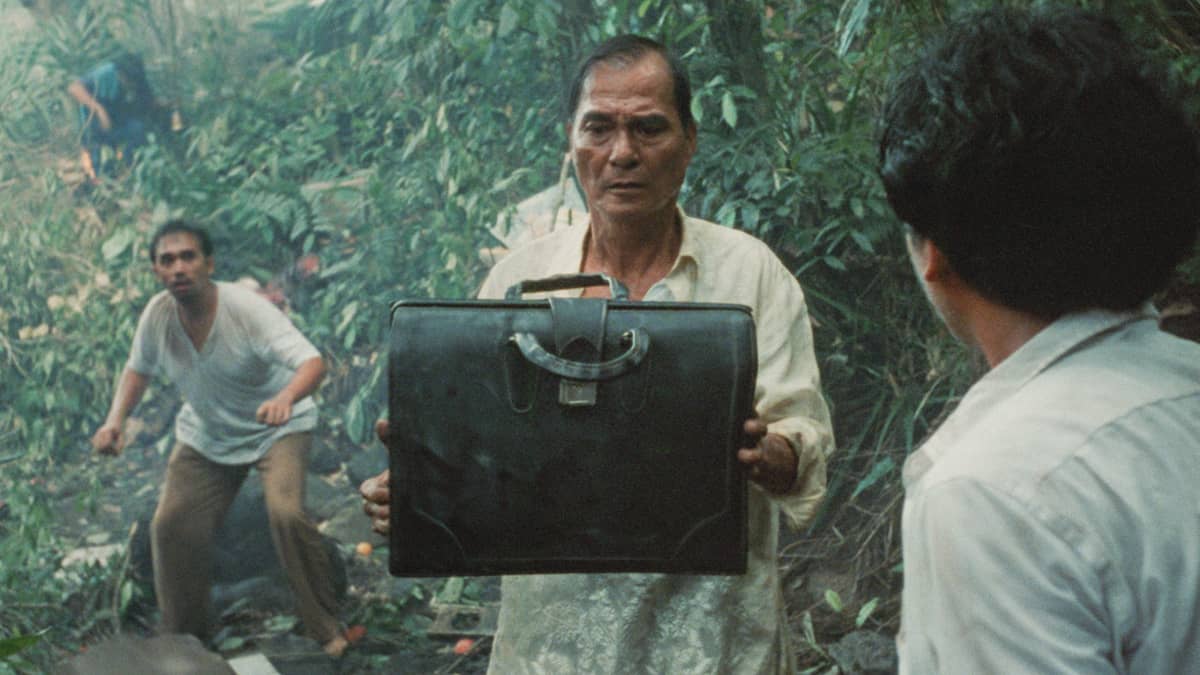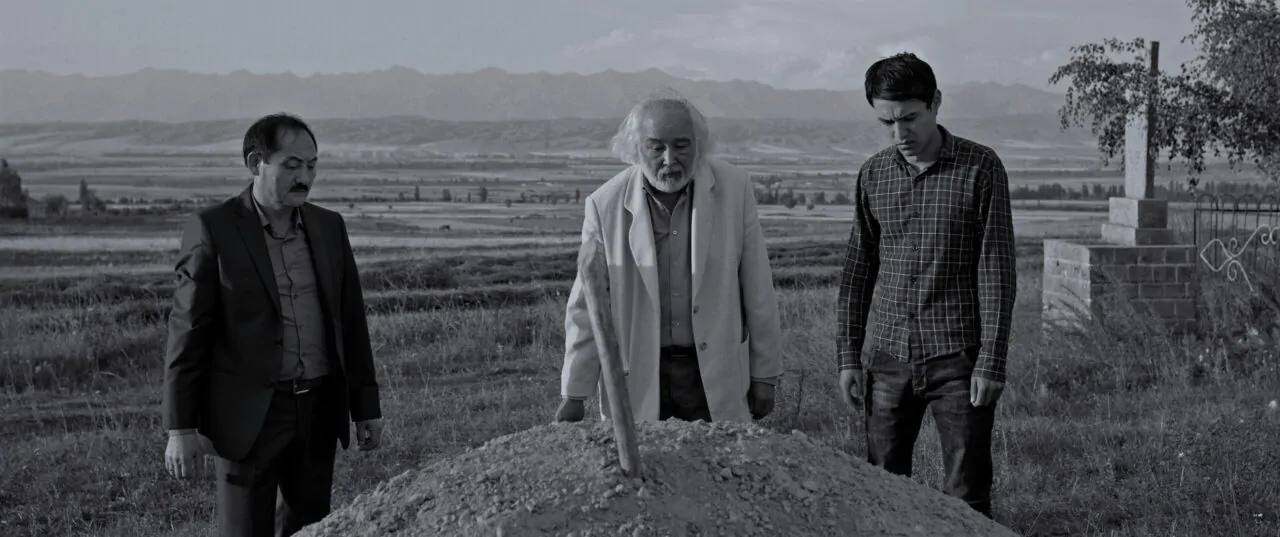It is always difficult to review films that surpass the borders of cinema, and “Kekexili”, which was inspired by the Wild Yak Brigade, a real-life volunteer group that patrolled the Tibetan Plateau during the 1990s, is definitely one of those films. Why? Because apart from the award for Best Film in Taiwan's Golden Horse Film Festival, in a rather rare occasion for a mainland film, it also instigated the Chinese government to declare Kekexili a “national nature preserve” and establish a forestry bureau to protect it. The good thing about “Kekexili” however, is that the film is so good, that the aforementioned problem actually solves itself.
“Kekexili: Mountain Patrol” is screening at Ulju Mountain Film Festival 2019

The movie opens with the arrival of reporter Ga Yu, who is sent from Beijing to Kekexili to investigate the fights between a vigilante garrison set to protect the area and the antelope poachers. Upon his arrival, Ga Yu meets Ritai, the leader of the band, during the Sky burial of a member who was killed by poachers. Ga Yu is admitted as an observer in the group and soon joins them into their latest expedition. The patrol team manages to capture a family of poachers and learns the whereabouts of their leader and gunman. The trip, however, proves very long for the band, whose members have not been paid for more than a year, but despite the difficulties, Ritai decides to continue. As Ga Yu follows the rather eventful and overly dramatic trip, he learns the ways of the band, including much controversy, witnesses the savagery of the poachers first hand, and forges bonds with Ritai and another member of the group, Liu Dong.
Lu Chuan uses a rather unique approach for his narrative, combining elements of documentary (particularly in the realism which the landscape and the circumstances of the area are presented through Cao Yu's imposing cinematography), road movie (in a style that could easily be described as a Tibetan Odyssey) and western (through the action scenes, the drama and again, the overall setting). This intricate approach allows him to be equally informative, realistic and entertaining, in an approach that makes the film retain interest from beginning to end.
In that fashion, the viewer will find quite difficult to put out of his mind the various rituals, the portrayal of the various antelope massacres, the extreme tactics the garrison has to use (occasionally completely against their principles) to continue to do what they are doing, and the fate of the majority of the characters.
All these elements however, along with the way the reporter perceives their life story serve one distinct purpose: to show that these men were utterly dedicated to what they were doing, having put their personal lives completely aside, and the fact that without sacrifice (occasionally of lives) nothing ever changes.

Zhang Lei as Ga Yu serves his purpose as the witness quite convincingly, while Tobgyal as Ritai and Qi Liang as Liu Dong are excellent as the main members of the group. The rest of the cast, however, which is comprised of Tibetan amateur actors, are the ones that actually steal the show, as the main source of the documentary-like realism of the film. The chemistry of both professional and amateur cast is of the movie's best assets.
Teng Yun's editing retains a relatively slow rhythm that allows the story and the cinematography to shine, with Lao Zai's impervious music also adding to this aspect.
“Kekexili” Mountain Patrol” is a gem of world cinema, a film as important as it is entertaining and a must-watch for every fan of cinema.















